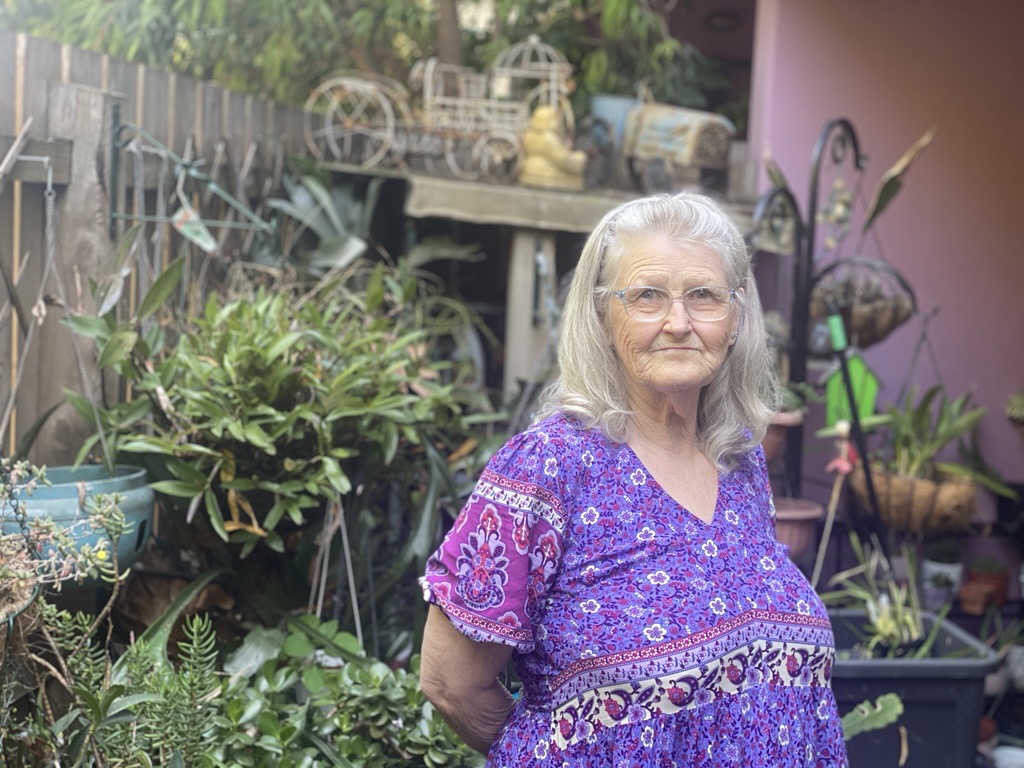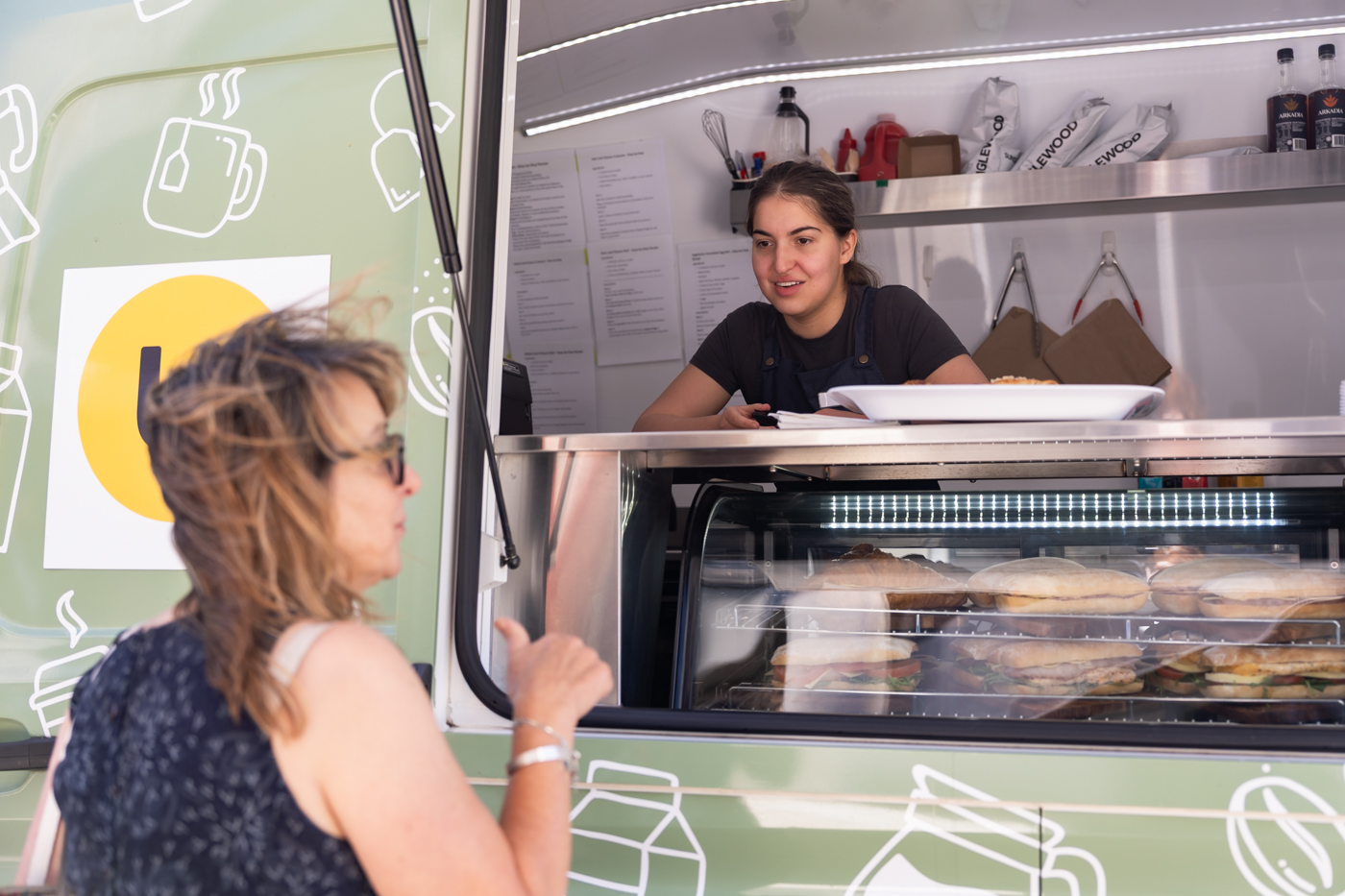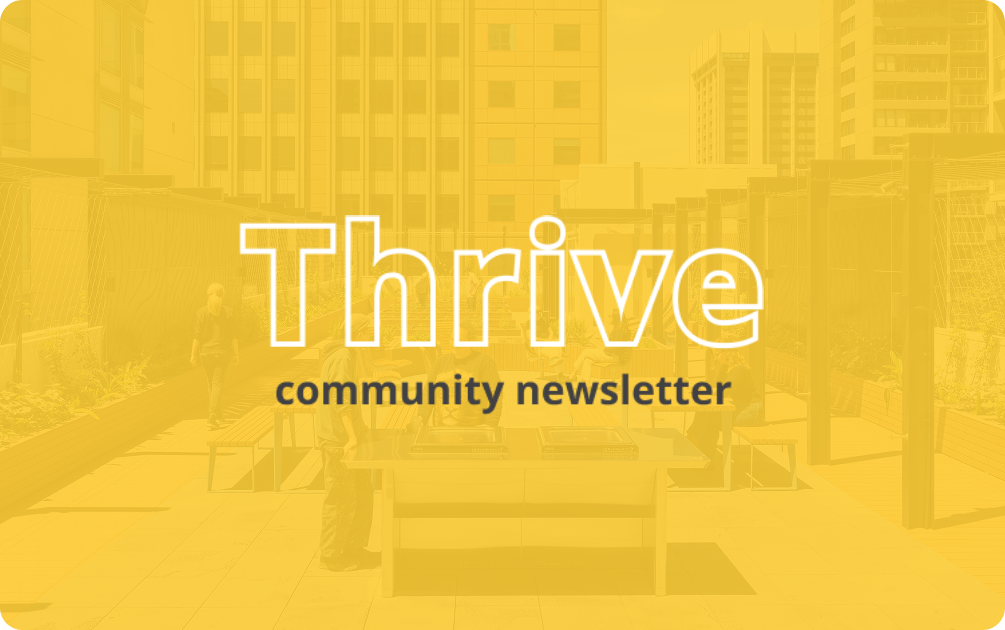Not business as usual, World Homeless Day 2020
Nikki, one of the Team Leaders at Unison’s homelessness service did a simple calculation. She checked the service contact actions recorded on the same day twelve months ago, and then looked at the 2020 figures; she found there had been an increase of over 500%, and it was only lunch time.
Homelessness is significant issue in Australia, however the coronavirus (COVID-19), has brought a whole new dimension to the problem.
Unison’s Initial Assessment and Planning (IAP) program is the homelessness entry point in Melbourne’s west. Since March this year, our team of 10 at our Seddon and Werribee locations, have assisted over 1000 unique households into temporary hotel accommodation and spent over $3.5 million doing this.
“We are now seeing a clear picture of the homelessness issue,” said Muna, also an IAP Team Leader. “Because of COVID-19, people who were sleeping rough or couch surfing and hidden from view are now flooding services to get support. They are stressed and panicked due to the pandemic and want to be housed and safe.”
Unison’s IAP service had to move quickly early in the year and decided to move to working from home and provide services solely by telephone in order to protect clients and staff.
“We had never operated like this before. The first month was really challenging as we sorted out lap tops and technology and developed new processes and policies (for example in response to new Government income support and tenancy law policies). We also had to establish a new way of delivering our service and communicating with our clients over the phone while working from home.” said Nikki.
A critical aspect of the IAP program is to meet and assess the needs of people in housing crisis. Listening and observing are both important tools in ascertaining the best housing and support needs. With the service currently provided over the phone, visual cues are removed and the team has to work much harder to listen and generate a thorough understanding of all the issues confronting the client.
Hard on the heels of the move to working from home, the Government initiated the hotel emergency response program and increased the Housing Establishment Funds available to IAP services like Unison to keep people in hotels for longer to reduce the risk of contracting Covid-19.
While Unison’s IAP team embraced the additional resources to support people who are homeless and found it encouraging how quickly new accommodation options were sourced, the extra money significantly increased work load as the team took on weekly hotel extensions for a large number of households, while at the same time continuing to assist new households who continue to present at the service every week.
“We have discovered many of the people experiencing homelessness with complex needs have no service supports in place. We have also found people on the JobSeeker Allowance (JSA), when they should be on the Disability Support Pension.” This means that their income is very low, and they struggle to meet compliance requirements associated with JSA.
Pre COVID-19, IAP did not work with single people for any length of time as clients were referred to suitable accommodation and support services. This year the number of single clients with complex needs has increased dramatically, as suitable accommodation has become limited and support services have reached capacity.
The IAP team have had to take on the role of a quasi case worker, albeit with limited capacity themselves. In addition, as has been widely reported, COVID-19 has affected people’s mental health and the IAP team has found that people with complex needs are sometimes not coping with the disruption; the anxiety associated with the pandemic, the Government restrictions and the uncertainty about how long they will be in their temporary hotel accommodation. Unfortunately, it is this group who is being evicted from hotel accommodation.
“Our biggest challenge is managing the volume of people in need, which is incredibly high and growing daily. The number of services we work with has grown as well and communication with hotels, clients and support services is even more important to make sure we provide the best possible service that we can, in a very difficult time.” said Nikki.
Supporting their teams has been crucial for the Team Leaders, which has been managed via team chats and catch ups throughout the day. Nikki and Muna, particularly in the early transition period, involved the team in assessing and reassessing processes regularly to make sure the most effective client focused systems were in place.
Muna and Nikki both agree on the biggest challenge homeless services have faced this year and will continue to face.
“The real homeless situation is now being revealed however the current homelessness service resources are not enough. We need increased service and support funding but critically, we need more appropriate and sustainable affordable housing options, especially for single people” stressed Muna.
“Yes we do have complex clients who have high support needs, but we are also increasingly seeing people who don’t need a case worker. They are on a low income and just need an affordable place to live,” added Nikki.
The Victorian Government has announced the From Homelessness to Homes program which will provide head-leased private rental properties and targeted support packages to support people to transition from hotels to head leased private rental.



